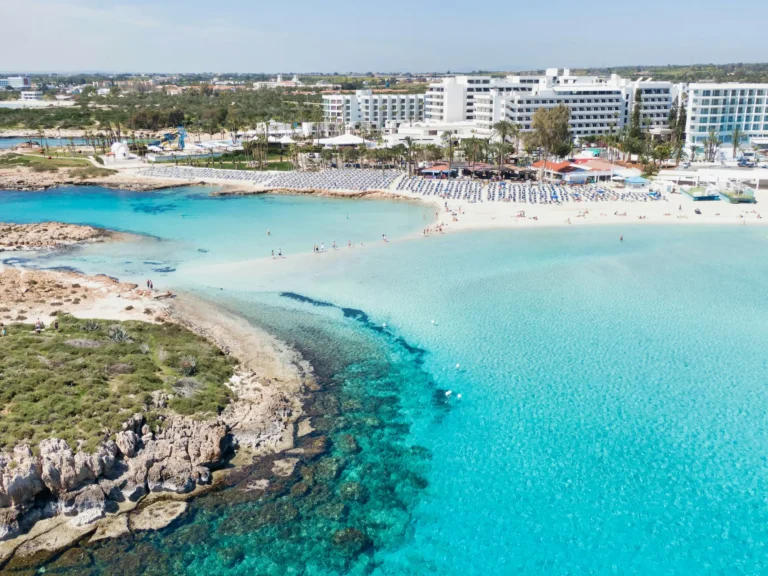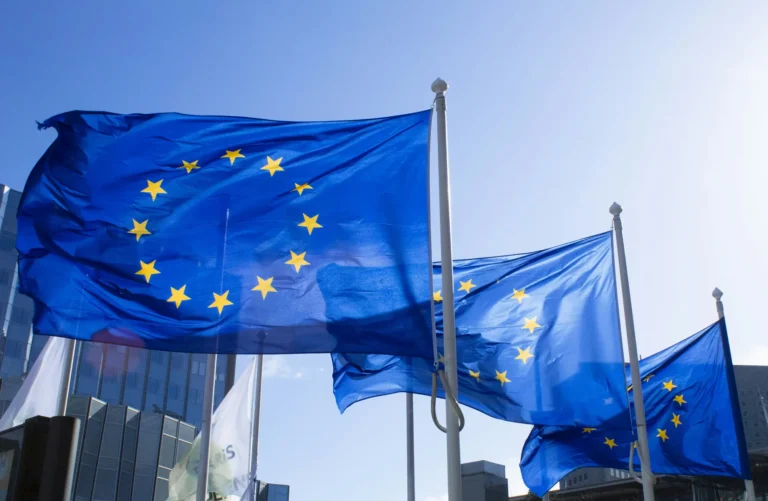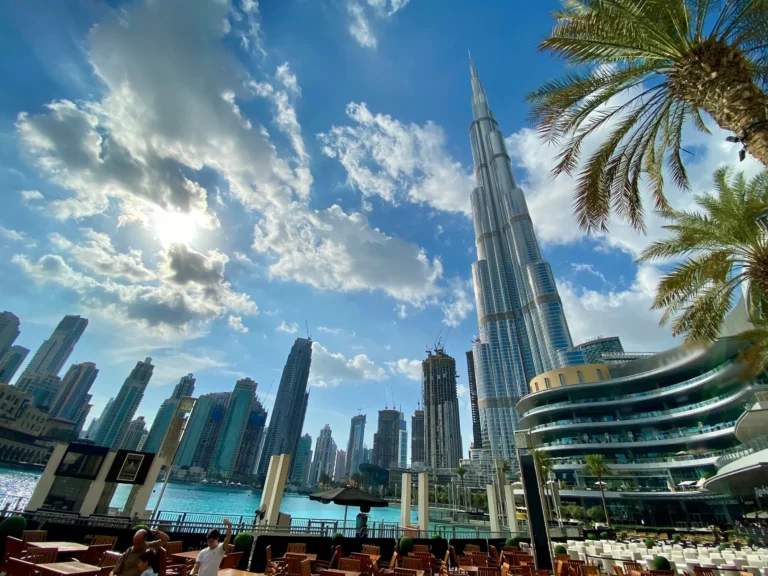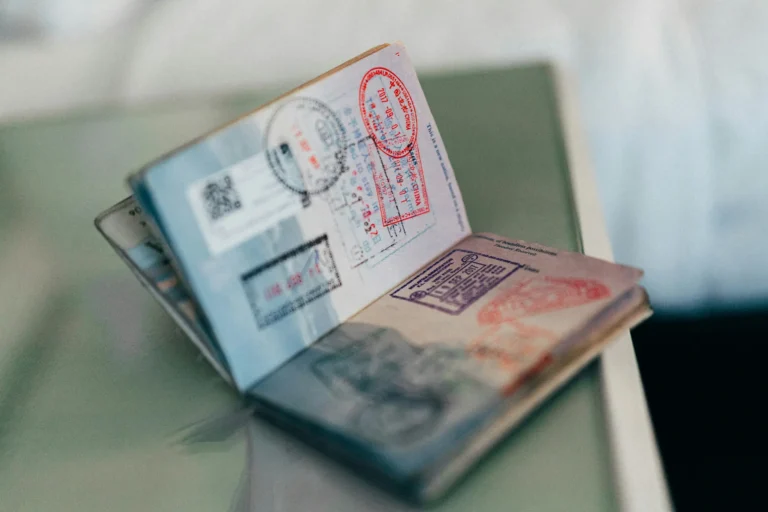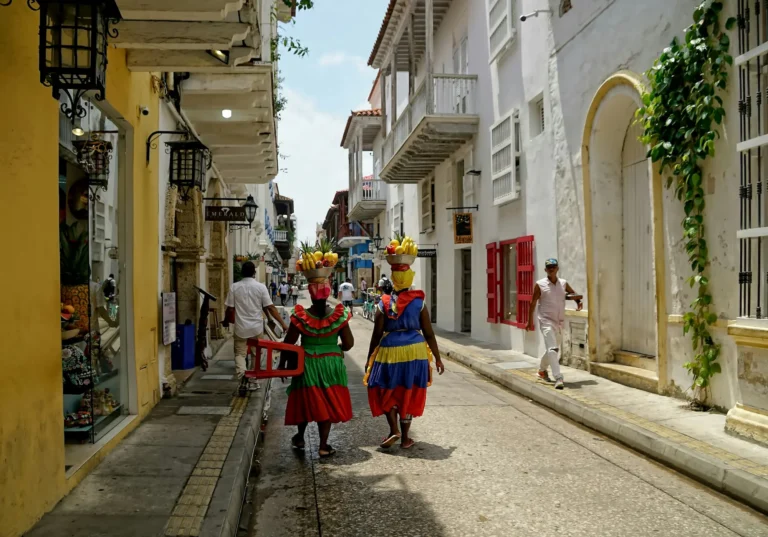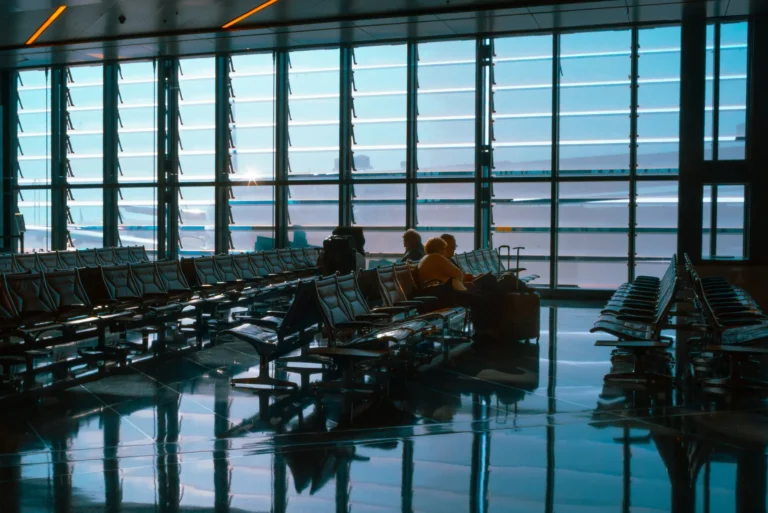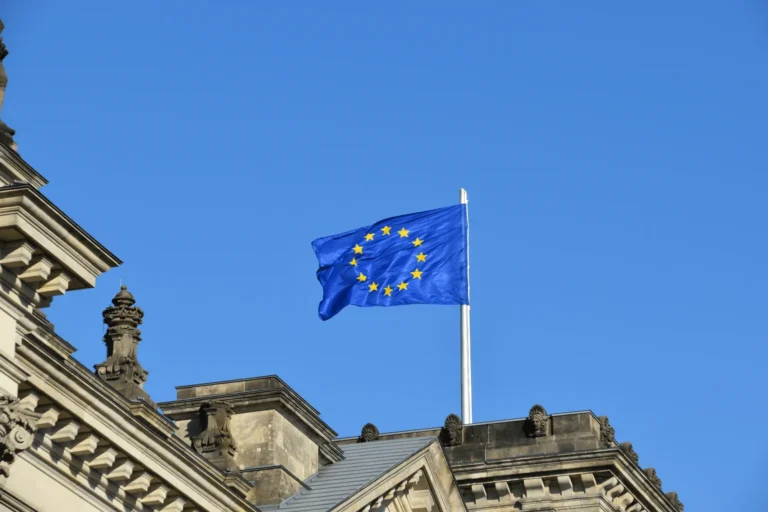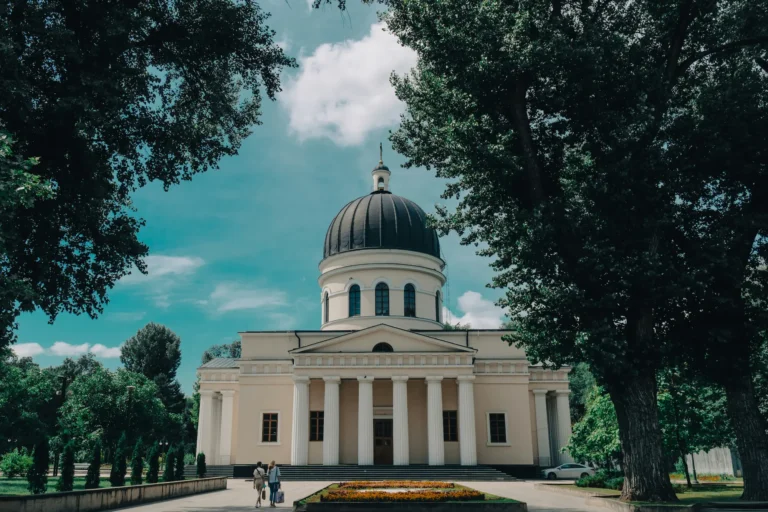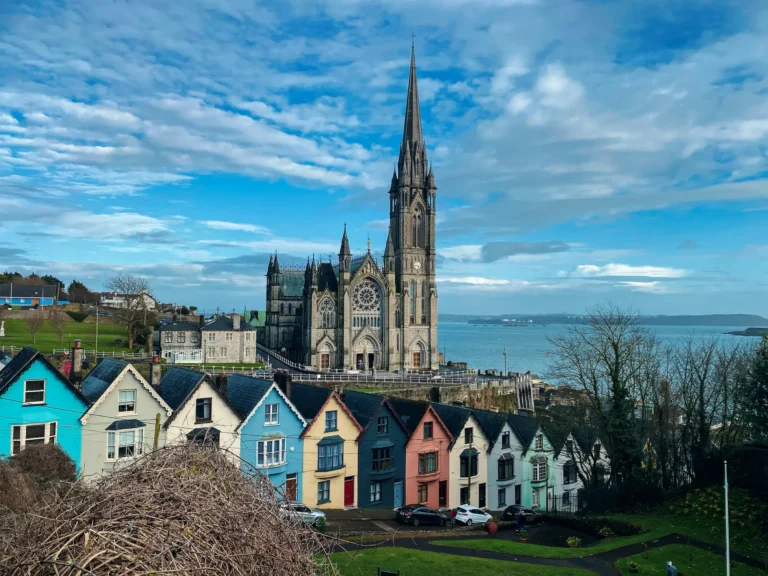
We are all aware that the Coronavirus pandemic has affected many areas. One of them, and perhaps the most affected, is the tourism industry. Before the epidemic, the tourism industry accounted for 10% of world GDP. At the moment, The World Travel & Tourism Council has warned that the COVID-19 pandemic could cut 50 million jobs in the global travel and tourism industry. If you take a closer look at the impact of the virus on the tourism industry, you can see how SEO, PPC, marketing of the tourism companies, hotels, airlines, cruise lines, tourist destinations, and online travel agencies have been severely affected and collapsed in a short time. Some companies have either reduced their staff or completely bankrupted due to the lack of a source of income. Naturally, this situation varies depending on the strength of the company. For instance, on March 5, at a time when the virus was beginning to spread in Europe, Europe’s largest regional airline, Flybe, reached a point of decline due to the effects of the Coronavirus. Shortly afterward, Norwegian Airlines, unlike Flybe Airlines, had to lay off half of its employees due to a Coronavirus. Therefore, it is not difficult to predict that it will take a long time for the tourism industry to return to its previous state. According to experts, restoration of the tourism industry may be possible at least ten months after the end of the impact of the virus and the prevention of its spread. Of course, this also depends on when and in which country the virus will end. What do the large tourism companies say about this? What are the messages of the world’s tourism giants during the Coronavirus? Let’s see the responses together.
Keep social distance and stay at home

It is well known that the results of the state’s recommendations to the people to isolate themselves initially failed. In many countries, after hearing this, people began to flock to less affected areas of the country instead of staying at home. Besides, some tourists in the country, regardless of the warnings, tried to return to their home countries instead of self-isolation. Of course, all this has dramatically affected the rapid spread of the virus. In particular, Whitstable, Lake District, and Cornwall in the UK were exposed to a massive influx of visitors. Some continued their daily lives, as they did not take the issue seriously. For instance, London’s parks were crowded with people who wanted to walk in the fresh air; therefore, nobody followed the rules to keep at least 2 meters distance.
Meanwhile, the UK’s largest tourism companies have supported the government’s recommendations. In particular, the travel company Visit Cornwall asked people not to go from one region to another within the country, to keep distance, and explained that if to follow the rules, then they will soon meet and travel again. Along with Visit Cornwall, Road to the Isles, a tourism group representing more than 100 businesses in Scotland, urged people not to travel and stay at home. The company notified that if they move from one region of the country to another, it will put the lives of people living on small islands, which are hard to support, under risk. Moreover, the National Trust has decided to voluntarily close its parks and many recreational areas to limit the spread of the Coronavirus. At the same time, they said that people would not be charged for parking if they stay at home and follow the recommendations on social distance
Look to the future

People were discouraged by the cancellation of the travel plans that they had made for days, weeks, or even months. At the moment, travel companies are telling people that everything will return to normal soon, urging them to think about future travel plans instead of thinking about canceled travel plans. The Swiss tourism company is a good example. The company used hashtags such as #neverstopdreaming and #staystrong to keep users’ spirits high on social media and encouraged everyone to do the same. Moreover, some travel companies have decided to postpone travel plans that people have reserved instead of canceling them and offer them some discounts.
The help will come if they stay at home

Citymapper, a transport application, has introduced the ‘Mobility Index’ to find out how well people in cities follow the warning on staying at home. The result revealed that 31% of Londoners still travel, despite government recommendations to stay at home. It turned out that most of these people have to go to work to meet their needs. In this case, the famous travel and tourism company Prestige created aid packages for those affected by the Coronavirus, especially the elderly, from January until the end of the virus. Besides, the London-based Experience Travel Group provided volunteer staff to perform market shopping or other tasks so that people stay at home.
As can be seen from all these examples, giant tourism companies support people during this challenging period and encourage them to stay at home. Hopefully, all the world’s attempts to get rid of the virus as soon as possible is successful, and everyone can travel at any time.


